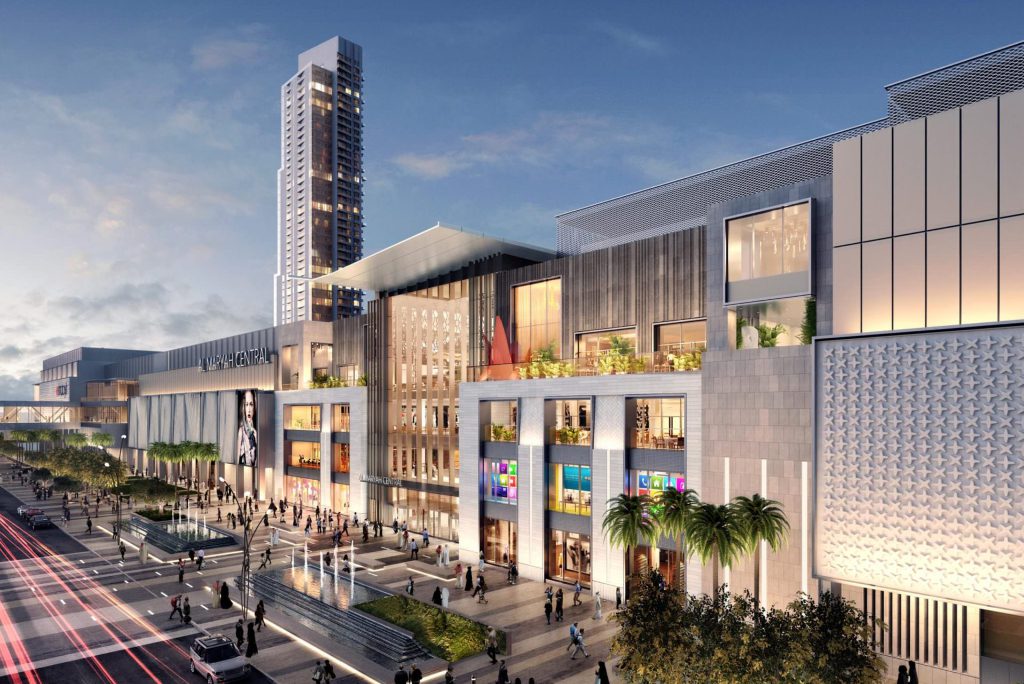Skift Take
Design's importance to travel has taken on a new urgency because of recent events, says Richard Centolella, the pioneering design thinker. We agree, and welcome all the new functionalities.
 Design is now everything in the reopening of travel. So how does design within its various industries change from here?
Design is now everything in the reopening of travel. So how does design within its various industries change from here?
The crisis will speed up some trends that were already in the offing, said Richard D. Centolella, principal at EDSA, a landscape architectural design and planning group.
Centolella has helped his U.S.-based firm work on travel and hospitality projects worldwide, such as Atlantis in Bahamas, Four Seasons Resort in Disney World Orlando, Madinat Jumeirah in Dubai, and a modernization of the John F. Kennedy Center for Performing Arts in D.C.
Interviewed by Skift founder and CEO Rafat Ali on his The Long View livestream Friday, Centolella distinguished between short-term and long-term trends.
In the short-term, travelers will worry about “density,” or how much contact strangers have with each other. Many hotels and resorts will need to reconfigure multi-use lobbies that they had made to encourage social mixing, such as with lounge areas for working, meeting, and snacking.
 “At resorts, are there even going to be benches anymore?” Centolella asked. He cited Rosewood Little Dix Bay in the British Virgin Islands as a model for how luxury resort check-in may increasingly work. Guests reach the property by boat and check in on the boat rather than among strangers in a lobby.
“At resorts, are there even going to be benches anymore?” Centolella asked. He cited Rosewood Little Dix Bay in the British Virgin Islands as a model for how luxury resort check-in may increasingly work. Guests reach the property by boat and check in on the boat rather than among strangers in a lobby.
An immersion in nature and a preference for open spaces are wellness themes Centolella said he sees becoming more pronounced until we get a treatment and a vaccine for coronavirus. At an upcoming Ritz Carlton Reserve property in Costa Rica, some guest units will be tented in the jungle with access to trail systems across the property.
Get the Latest on Coronavirus and the Travel Industry on Skift’s Liveblog
In the long-term, an intensified awareness of the delight of authentic and open spaces will speed up the adoption of some trends that have been simmering.
Adaptive re-use is one trend, where spaces get new leases on life. Centolella cited a winery in Tuscany that his firm helped to convert into a boutique resort. The property has retained parts of the agricultural experience for guests to enjoy.
Biophilic design, which boosts people’s sense of connection to nature, may enjoy a tailwind, too. Some architects and interior designers have championed living walls of plants and nature-inspired printed patterns in wall coverings.
Cities may also boost their use of bike lanes and pedestrianized areas. They closed roads to vehicles to give space to residents seeking relief from stay-at-home restrictions, and citizens may want to keep some of those areas.
“An ongoing challenge will be, how will you make an urban space feel comfortable for everyone,” Centolella said, noting that you shouldn’t have to live in a penthouse to be able to enjoy a city.
You can watch the recording of the conversation with Skift CEO Rafat Ali, here:
— Skift (@skift) May 15, 2020
You can find other editions of The Long View, here, and you can contribute to Skift’s journalism on our support page.
The Daily Newsletter
Our daily coverage of the global travel industry. Written by editors and analysts from across Skift’s brands.
Have a confidential tip for Skift? Get in touch
Tags: architecture, construction, coronavirus, design, hotel design, interior design, redesign, smart cities, The Long View, thelongview, urban planning, wellness
Photo credit: EDSA provided master planning through construction administration services for this $1 billion development in the center of Al Maryah Island in Abu Dhabi. The 3.1 million square feet of mixed-use space showcases the importance of design in creating community. EDSA
